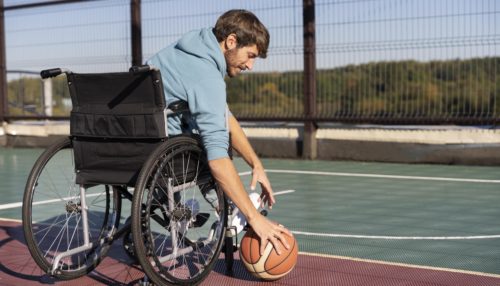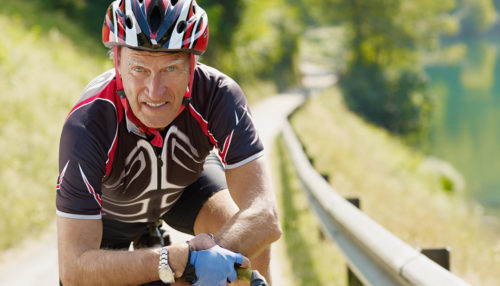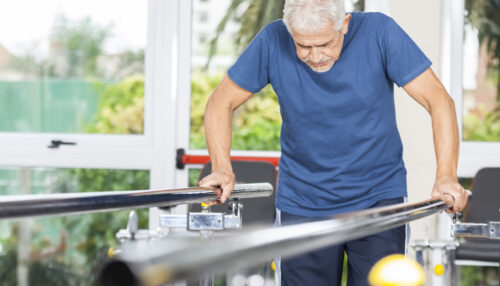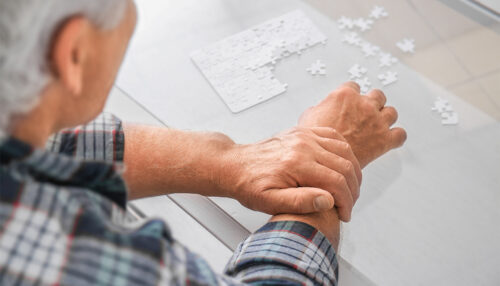
The aim of the clinical study, conducted by researchers at the University of Auckland in New Zealand, was to determine the effects of long-term (20 weeks) whole-body vibration on muscle and bone health, motor performance and quality of life in young adults with mild to moderate cerebral palsy. The effect of vibration for 20 weeks […]






